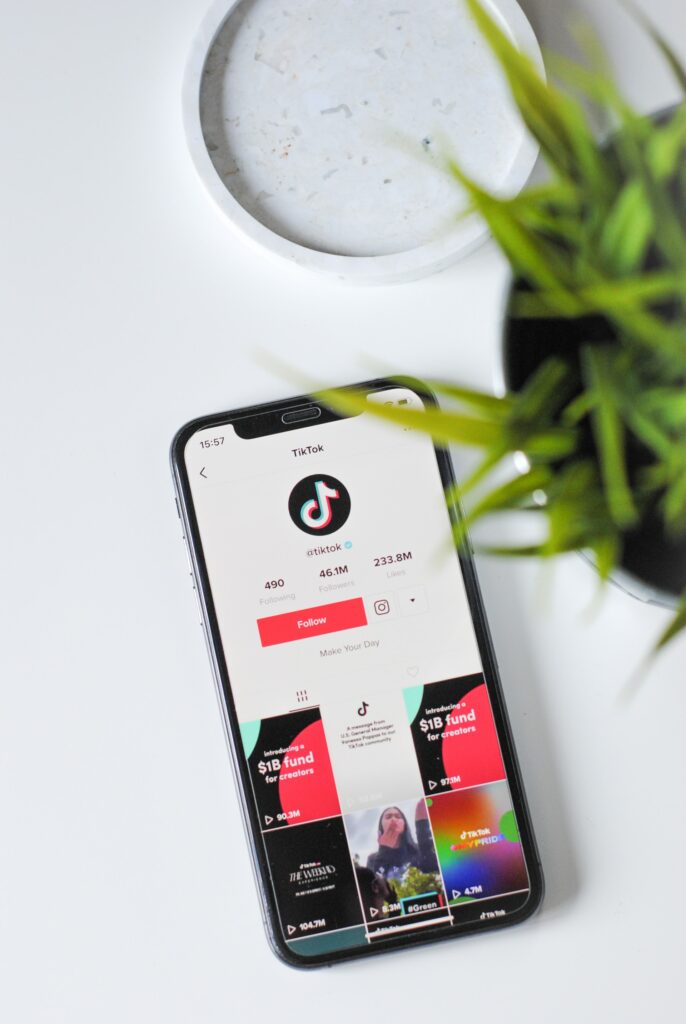 Let’s start at the beginning… Influencer Marketing is a term that’s bantered about a great deal like it’s some magic fairy dust that leads to overnight sales and huge upturns in conversions.
Let’s start at the beginning… Influencer Marketing is a term that’s bantered about a great deal like it’s some magic fairy dust that leads to overnight sales and huge upturns in conversions.
Speedy Tip…
Click here for webinar showing how YOU can use Influencer Marketing. (If the times don't work for you, register anyway and we'll send you a link.)
The thing is, all of those things are true when influencer marketing works.
Influencer Marketing in our case simply means teaming up with someone else – another marketer, a blogger, a video maker, a social media icon, a well known person in your niche – and getting your product or service presented by them to their audience.
For example, Sally Sue has a super loyal following of 100,000 on your favorite social media platform. Her audience would have an interest in your product, if only they knew about it. You strike a deal with Sally Sue to influence her audience to purchase your product. The deal might be a payment, a commission on products sold, or whatever works between the two of you. And her endorsement can include whatever you agree upon. Perhaps she does some short videos or presents your product during her commercial break on her podcast or sends out messages via social media and email.
As you see, the possibilities are nearly endless. But the trick isn’t to find random influencers who will take your money. Rather, it’s to determine where your best audience is – the ideal prospects for your product – and then find influencers already in touch with your ideal audience. For example, it won’t do you any good to work with an influencer of video gaming males in their 20’s if your product is how to lose weight for women over 40.
How do you, as an online marketer, go about using influencer marketing to gain more followers, readers, subscribers and sales?
Here are 10 tips to get you started in the right direction.
#1 – Know What You Want
What is your goal? Is it to increase your social media following? To get email subscribers? To hand out free trials?
Just as you must know your audience and who is in touch with your audience, you must also know up front what your goals are, because that can determine how you approach influencer marketing.
And once you know your goals, you can then choose your key performance indicators that are specific and measurable. This is how you will know if a particular influencer is having a positive impact in reaching your targets.
#2 – Choose Influencers Who Are the Perfect Candidate for Your Product
Again, this goes to finding the right audience. If the influencer is someone who can benefit from your product, imagine how strong their own testimonial can be when they recommend to their followers that they take the action you desire.
This is the difference between, “I recommend this product” and “I USE this product and it works for me.”
That is a powerful difference that can have a dramatic effect on your conversion rate.
#3 – Turn Customers into Your Own Influencers
 Brand Ambassadors are people who start as customers and become so enthused, they start proclaiming to the world that they love your stuff.
Brand Ambassadors are people who start as customers and become so enthused, they start proclaiming to the world that they love your stuff.
This is one of the most powerful strategies in influencer marketing because no one can communicate to your customers as well as their fellow customers. When you make a claim, prospects know you’re trying to sell them. But when a customer tells their story of the results they got, prospects lower their defenses and get onboard.
And there’s a bonus to turning customers into brand ambassadors because it increases their emotional attachment to your products and your brand.
Brand ambassadors can be paid in free products or monetarily.
And sometimes they’re so in love with your cause, they’ll even work for free.
#4 – Don’t Overlook Micro-Influencers
In social media, we think of influencers as those who have a large audience such as 500,000 or more. Then we have brand ambassadors who are customers who love your product so much, they’re willing to tell their story in social media to influence others.
But there’s a third group called micro-influencers. These are similar to influencers but with a smaller audience. And here’s the thing you need to know: Many businesses are still overlooking micro-influencers as not being worth their time, but that’s simply not true.
Micro-influencers can sometimes have the most loyal, devoted audiences who take their every recommendation. True, maybe their audience numbers are fewer than a major influencer, but the conversion rate can be much higher, resulting in many new subscribers, sales and so forth. According to CoSchedule, 82% of people are likely to follow the recommendations of a micro-influencer.
If a micro-influencer is already talking to and influencing your ideal audience, then you might want to consider working with them.
There is less competition going after micro-influencers, making it easier to get them on board. Some of the smaller ones have never even been approached before, so you might need to educate them on how things will work, but it’ll also take less money to get them on board and you could be their one and only client, meaning your product is the only one they’ll be talking about to their audience.
One word of caution here: Start your micro-influencer relationship with a small test. There are micro-influencers who are artificially inflating their numbers with things like bots to make it appear they influence far more people than they do. Run one test for a small amount of money to see if you get any results. If you don’t, it’s probably best to move on.
#5 – Work with Podcasters
The wonderful thing about a podcast is that the audience is captivated rather than distracted. They have their ear buds in or they’re driving in their car and their attention generally isn’t being diverted to other webpages and so forth.
Better still, the audience has a special relationship with that podcaster, listening in to each episode and getting to know and trust that podcaster. Endorsements on podcasts will create customer connections and fast track subscribership and sales.
One note: When giving out a URL on a podcast, make it super simple and easy to remember. Some of these people are driving in their cars which is why the offer has to be super enticing and the URL has to be something they can remember until they get to where they are going.
#6 – Use Instagram Stories
Instagram is the best channel for influencer marketing (followed by Facebook and YouTube) and it can be one of the very best methods for increasing click-throughs, engagement and sales.
One in four millennials and gen-Zers search IG stories before making a purchase and yet only 36% of companies use IG stories for marketing. Does that make IG stories undervalued? Perhaps.
But here’s what I like about IG stories – they connect people to your brand. When you get influencers to share their own stories that involve your product, you’ve got a winning situation that’s going to lead to more traffic and more sales.
Again, a word of caution: Because it’s lucrative for people to become IG influencers, there are those folks who are using bots and purchased followers to inflate the appearance of their audience. Do a small, inexpensive test before laying out any real money to an influencer on Instagram.
#7 – Consider Using Tiktok
Unless you’ve been living in total isolation, you know that TikTok has gained enormous traction in the social media world. People are addicted to watching TikTok videos and because the platform is relatively new, it’s still possible to find influencers that won’t charge a fortune.
If your product can lend itself to short, snappy videos, then by all means give this a try. If you can lend a bit of humor to the videos, then it’s even better. Remember the key is to find your audience on TikTok and then find which influencers already have their attention.
#8 – Tie Your Campaign to A Cause
If you can relate your marketing to cause then you can create an emotional connection with your audience. Think of the companies that give away a pair of shoes or eye glasses to poverty stricken countries for every pair sold, and you get the idea.
Of course, you can tie your campaign to a cause in a myriad of ways. For example, “For every X product sold, we feed 5 children in Y country for a day.” or “Purchasing the ABC product enables Heart Shelter to save the life of a puppy or kitten.”
Getting specific, such as feeding 5 children or giving one child a pair of shoes works better than simply saying, “10% of all profits are donated to this cause.” It’s difficult to envision 10%, but it’s easy to imagine a child with a full bell and a new pair of shoes
Tying your campaign to a cause also makes it super easy for influencers to be enthusiastic about your product and your cause, too, and enthusiasm sells.
How Can You Do Influencer Marketing?
Hmmm – lots to learn…. But I have a short cut for you.
Click here to watch this webinar to learn why and how you can do Influencer Marketing. (If the times don't work for you, sign up anyway and we'll send you the replay).










